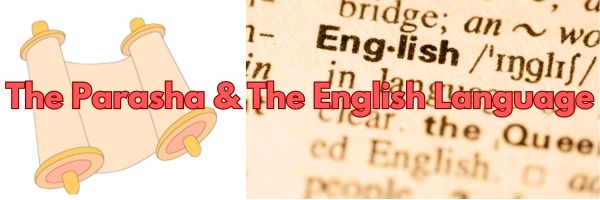The phrase "Promised Land," originating in this parasha, has found a remarkable place in the English language, evolving into a powerful metaphor for an ideal or aspirational destination. While its roots are deeply biblical, this expression transcends religious contexts and has become a universal symbol in literature, politics, and everyday conversation.
In secular English, the term is often used to describe any place or state of being that is highly desired, idealized, or represents ultimate fulfillment. In this broader sense, the "Promised Land" can signify a personal goal, a utopian vision, or even an unattainable dream.
For the Pilgrim Fathers, America became their "Promised Land." They viewed the King of England as their pharaoh, the Atlantic Ocean as their Red Sea, and the Native Americans as the indigenous tribes of Canaan to be confronted. Thus, America, in their eyes, was the land of promise and divine providence.
One of the most famous uses of the term in English is found in American history and civil rights rhetoric. Martin Luther King Jr., in his speeches, often invoked the "Promised Land" to symbolize a vision of equality and justice for all people. In his final speech, delivered the night before his assassination in 1968, he spoke poignantly of having "been to the mountaintop" and seen the "Promised Land," a metaphor for the realization of civil rights and social justice. Here, King's use of the phrase captures both the deep yearning for freedom and the moral high ground associated with the biblical narrative.


